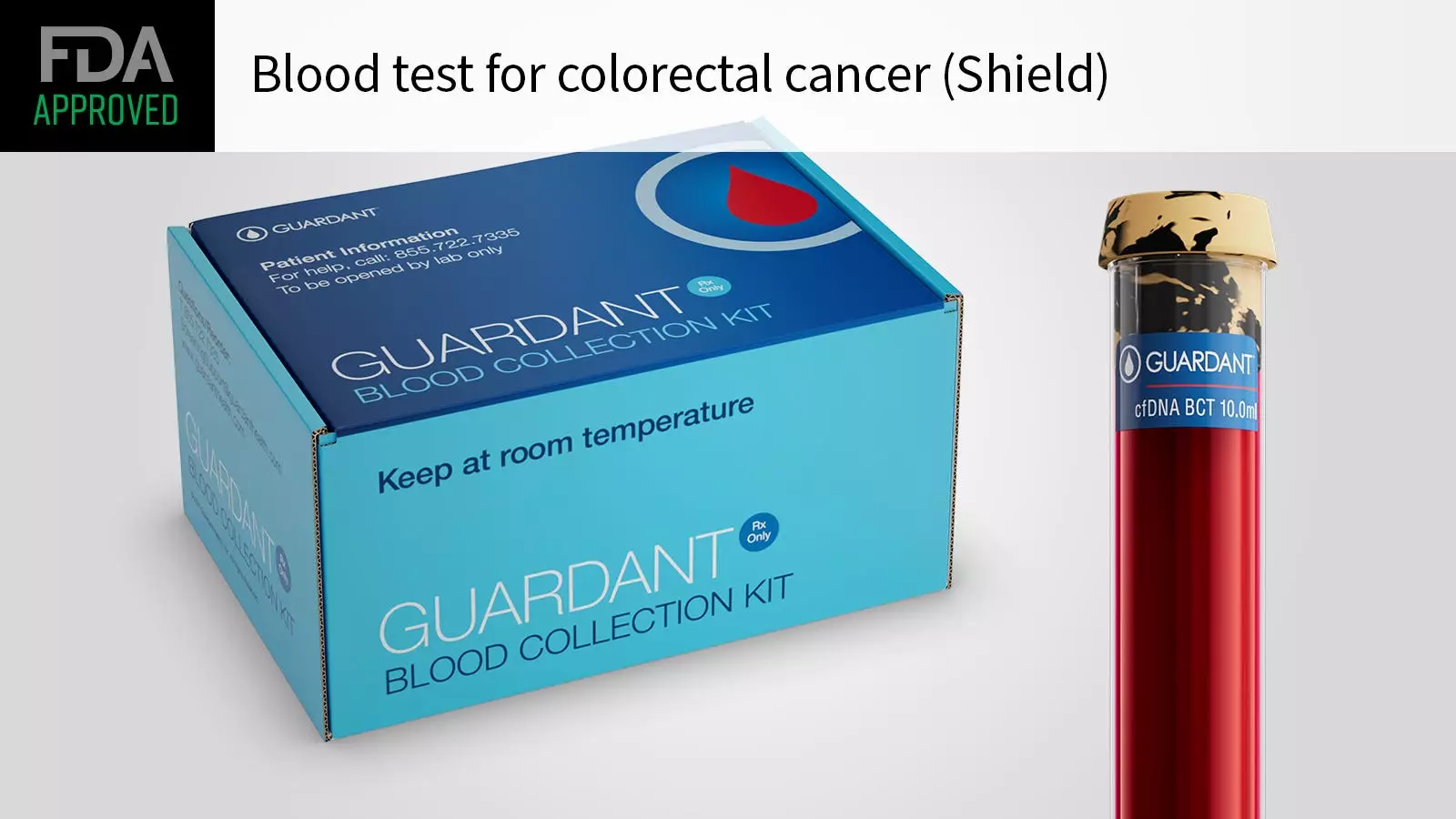The FDA has recently approved the Shield blood test for colorectal cancer (CRC) screening in adults aged 45 and older at average risk for the disease, making it the first blood test approved by the FDA as a primary screening option for CRC. This new test, which should be followed by a colonoscopy in case of positive results, aims to improve screening rates and ultimately save more lives.
While the Shield blood test showed promising results in terms of sensitivity and specificity for CRC, there are concerns about its low sensitivity for advanced adenomas and the detection of precancerous lesions. The test has been found to have limited detection of stage I colorectal cancer (55%-65%) and does not detect 87% of precancerous lesions. These limitations are important to consider when evaluating the test’s overall efficacy.
The approval of the Shield blood test comes at a crucial time, as the CRC screening rate in the U.S. is only about 59%, falling below the National Colorectal Cancer Roundtable’s goal of 80% for eligible individuals. With the introduction of a new screening option, Guardant Health hopes to close this gap and make screening tests more broadly accessible. This could lead to increased screening rates, early cancer detection, and ultimately, more lives saved.
Experts involved in the evaluation of the Shield blood test, such as Dr. Daniel Chung and Dr. William Grady, see this as a promising step towards more convenient and effective tools for early detection of colorectal cancer. Dr. Grady emphasizes the potential of the test to detect colon cancer early while it is more easily treated, offering an alternative for patients who may decline current screening options. The accuracy rate of the test for colon cancer detection is similar to stool tests used for early detection of cancer, providing hope for improved screening options.
The evaluation of the Shield blood test in the ECLIPSE study included a population of adults aged 45 to 84 with average risk for CRC undergoing routine screening with colonoscopy. In the validation cohort of nearly 8,000 evaluable patients, the test showed a sensitivity of 88% for screening-relevant CRCs, with high sensitivity for stage II and III cancers. However, the test had a lower sensitivity for advanced precancerous lesions, highlighting the need for further research and development in this area.
Shield is now available for eligible individuals by prescription through a healthcare professional, with Guardant Health expecting the test to be covered for eligible Medicare beneficiaries. This accessibility could encourage more people to undergo CRC screening and take advantage of this new blood-based testing option. Further research and monitoring will be essential to evaluate the long-term impact of the Shield blood test on CRC screening rates and outcomes.
The approval of the Shield blood test for colorectal cancer screening represents a significant advancement in the field of cancer detection. While there are limitations and concerns to address, the potential benefits of this new screening option are promising. By increasing screening rates and improving early cancer detection, the Shield blood test has the potential to save more lives and contribute to better outcomes for individuals at risk for colorectal cancer.



Leave a Reply